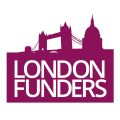
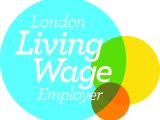
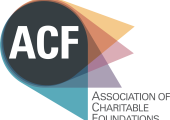
Cripplegate Ltd is the registered trustee of Cripplegate Foundation
Registered Charity 207499 Cripplegate Foundation Limited
Registered in England and Wales, Company Number 6129936 © 2021 Cripplegate Foundation
Sign up for our newsletter below to be kept up to date with our work.
Cripplegate Foundation will only use your email for direct communications and will never pass on your data.
On this day in 1500, the first recorded gift, of £40, was given to the Church of St. Giles Without Cripplegate by Mr John Sworder. Part of this donation was to provide trousers for local people. Over the centuries, many more local people followed his example, leaving gifts for education and supporting poorer residents. You can read more about the history of Cripplegate Foundation here.
Today, Cripplegate Foundation builds upon these legacies to transform lives for people in Islington. To do this, we are committed to increasing our knowledge of the challenges faced by local people, and of effective approaches to funding that can best support our community.
We work with a range of partners to increase our learning and help create more opportunities for local people. One vital longstanding partner is Islington Council. Together we provide funding for smaller community organisations through Islington Council’s Community Chest, offer support and crisis funding for local people through the Islington Resident Support Scheme, and collaborate on local initiatives such as the Good Neighbours Schemes that change lives on three Islington estates (with Help on Your Doorstep, Islington Giving, Peabody, and the Islington Clinical Commissioning Group).
Islington Council publishes findings and projections on key issues affecting Islington’s population each year, in a report called State of Equalities. Though we have been working for 519 years, it is vital that we continually update our awareness of the local landscape to help inform our work. Below we survey three key changes that are projected to develop in our borough this year, and into the future.
According to the report, Islington’s population grew from 233,200 in 2018 to 241,600 in 2019. The borough’s population is projected to grow by a further 3% (7,000 people) by 2029.
Though slowing when compared with the near 17% growth recorded since the 2011 census, this will take its population to almost 250,000, increasing the strain on outdoor spaces, housing, and services. This in an already densely populated borough with the least green space per head of population of any local authority in the country (aside from Westminster), and issues of overcrowding and lack of available housing.
In 2019, Islington’s age structure is heavily skewed to residents aged 20-39, when compared with other parts of London and England. Only 9% of our residents are over 65, which is lower than the 12% average across the capital, and half the proportion of the England average (18%).
And yet over the next ten years the highest rate of population growth will be amongst the older population, with a 28% increase forecast in people aged over 65. Currently, Islington has London’s fifth highest rate of pensioners living in income deprived households (36%). So, although in absolute terms over 65s may remain the smallest age group, there are challenges ahead in supporting a growing older population.
Islington is one of the most unequal places in the UK, and poverty is an issue in every ward in the borough. On measures of income deprivation, it ranks third nationally for children, and fifth for older people. Although advances have been made in the overall average life expectancies of residents, the healthy life expectancies for men (60.8 years) and women (62.9 years) are lower than in London and England.
There has also been a widening of the gap in life expectancies between richer and poorer residents, particularly affecting men. Men living in the worst off areas expected to live almost 10 years less than men living in the best off areas. The gap for women is 6.5 years.
Projections and statistics offer a snapshot of some of the challenges facing local people. Much of our learning comes from conversations with people who live and work here, and through the many partnerships we build with people and organisations the provide support right across our borough. Building on our history, we are here for the long-term, providing more than grants, and exploring new approaches that can help transform the lives of local people.
All statistics taken from the State of Equalities Report 2019, published by Islington Council. You can read it here.
Signup to our newsletter for the latest news and updates



Cripplegate Ltd is the registered trustee of Cripplegate Foundation
Registered Charity 207499 Cripplegate Foundation Limited
Registered in England and Wales, Company Number 6129936 © 2021 Cripplegate Foundation


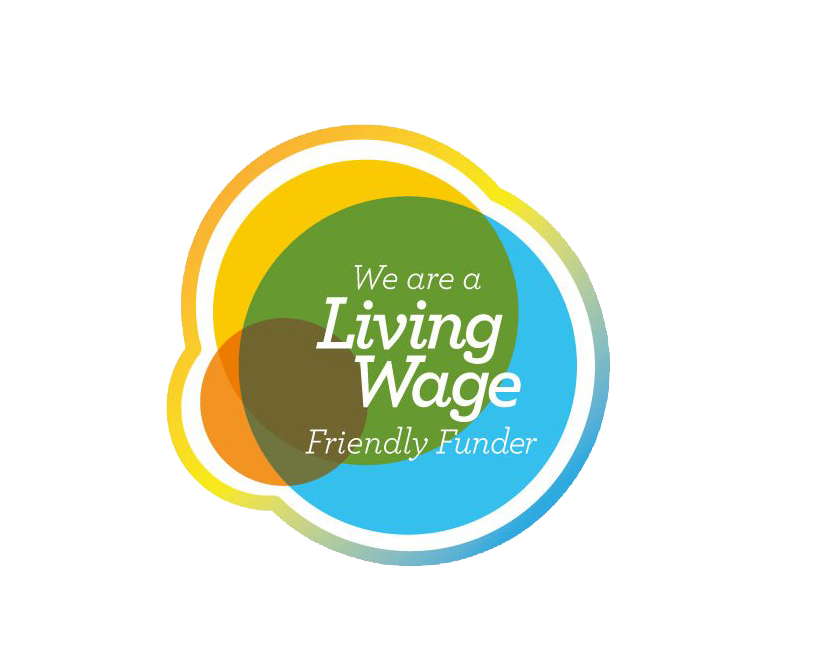
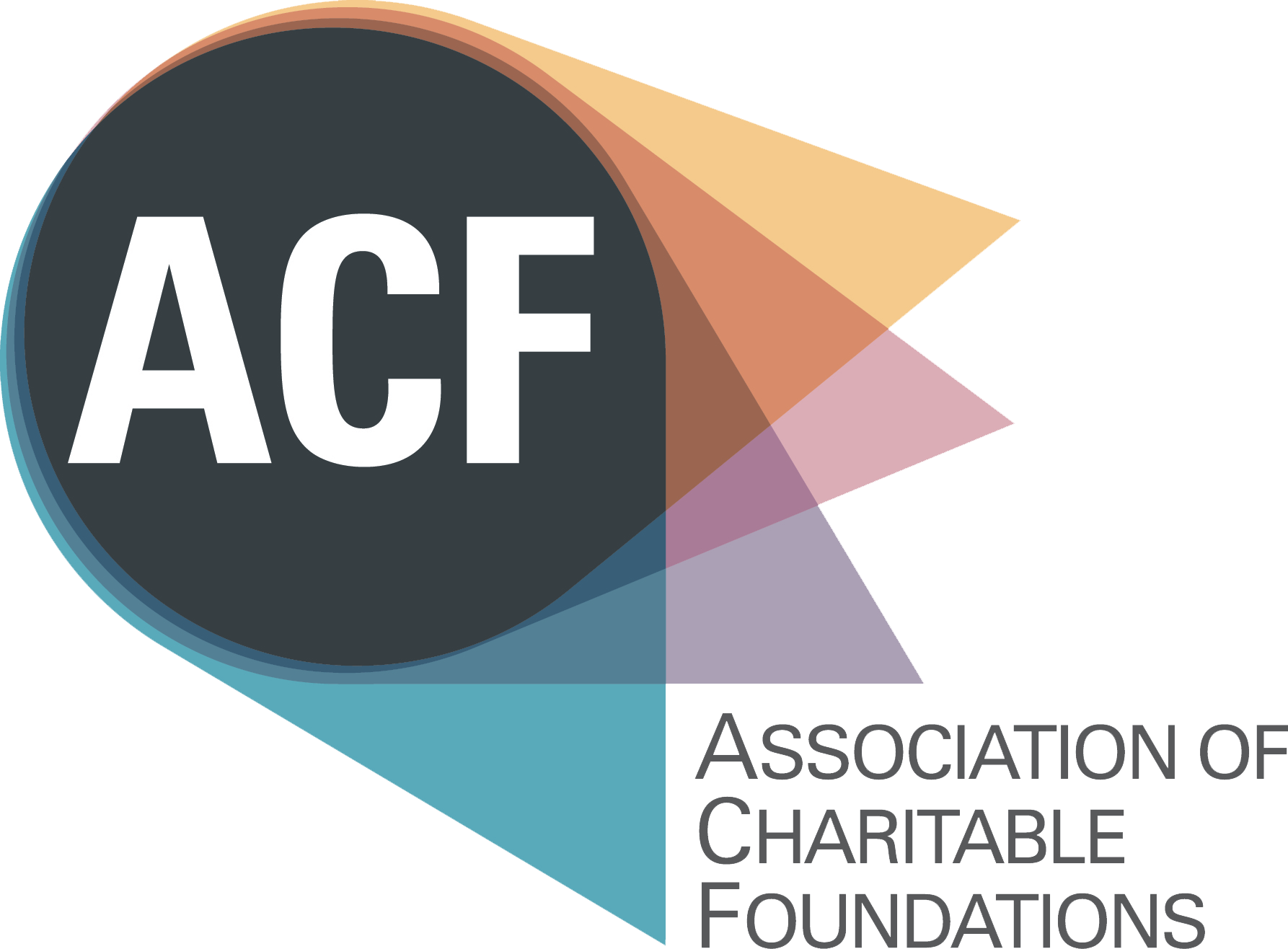
Cripplegate Ltd is the registered trustee of Cripplegate Foundation
Registered Charity 207499 Cripplegate Foundation Limited
Registered in England and Wales, Company Number 6129936 © 2023 Cripplegate Foundation